Hair loss alopecia is a common disorder in dogs which causes the animal to have partial or complete hair loss. Overall thinning of the hair.
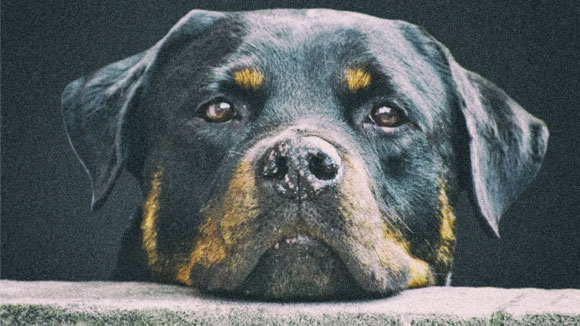 Treat Alopecia Reverse Your Dogs Hair Loss Petcarerx https://www.petcarerx.com/article/treating-your-dogs-hair-loss/578
Treat Alopecia Reverse Your Dogs Hair Loss Petcarerx https://www.petcarerx.com/article/treating-your-dogs-hair-loss/578
 Common Skin Issues In Dogs And How To Fix Them Bonnie And Clyde https://bncpet.com/blogs/news/common-skin-issues-in-dogs-and-how-to-fix-them
Common Skin Issues In Dogs And How To Fix Them Bonnie And Clyde https://bncpet.com/blogs/news/common-skin-issues-in-dogs-and-how-to-fix-them
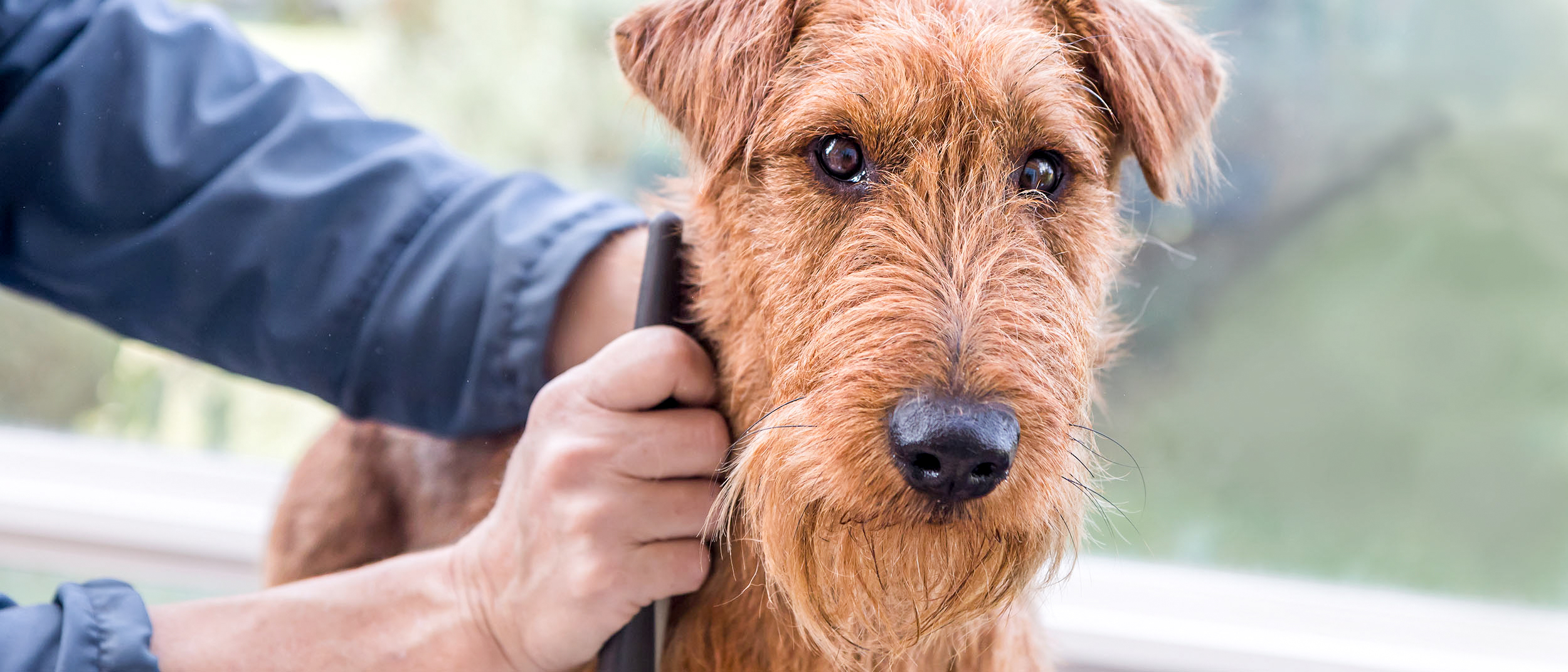
Hair loss around eyes and mouth.

Patchy hair loss in dogs. The appearance of your dogs skin and coat is an indication of whether he is in good health. Glass thorns even a dogs own coarse hair can all cause inflammation and bald spots if they lodge in your dogs skin. Underlying causes for itchy skin with hair loss include allergies bacterial and fungal skin infections and parasitic infestations such as mange.
A variety of patterns and symptoms may develop depending on the underlying cause. Dog hair loss is a common occurrence. Like it or not your dachshund may be more susceptible to baldness and patchy hair than other breeds.
Patches of complete hair loss. Hair loss and bald patches are signs there is a problem. Other causes of bald spots in dogs.
One of the most common causes of hormonal hair loss is hypothyroidism or a low thyroid. What can be concerning though is when there are signs that the hair loss is not just the natural result of shedding. Hormonal hair loss theres a ton of different hormonal reasons for why dogs lose their hair reeder says adding that with hormonal hair loss its typically very symmetrical and usually affects the trunk of the dog.
Have patience and improvement will follow. Parasites bacterial or fungal infection allergies disease pregnancy medications excessive licking sunburn and contact with an irritant. Alopecia can affect dogs and cats of all ages breed and gender and is either gradual or.
Dog hair loss is an obvious condition and can occur at any age in any breed and anywhere on the body. If your dogs hair is beginning to thin or fall out its important to have your pet seen by your veterinarian as soon as possible so the underlying cause can be identified and treated. Bacterial or fungal infections such as in the case of ringworm which is actually a fungus can also be attributed to hair loss in dogs.
Hair loss in dogs is a solvable problem and you can easily fix it with some simple and effective home remedies. Natural treatment options for hair loss in dogs. Along with hair loss around the ears eyes abdomen and chest signs your dog may have mites or fleasticks include inflammation itching and redness.
Plenty of dogs shed their coats from time to time and this is completely normal and nothing to be worried about. But what about a non itchy dog with none of those conditions whose hair is thinning or falling out. Causes of hair loss in dogs can include genetic conditions endocrine and hormonal disorders and drug or vaccine reactions.
Treatment with home remedies is a gradual process and you cannot expect to see the results overnight. It can affect a dogs skin its endocrine system its lymphatic system and its immune systems. The condition can be attributed to many causes.
Along with hair loss signs of irritation by a foreign body include swelling and licking the area repeatedly for example between the toes.
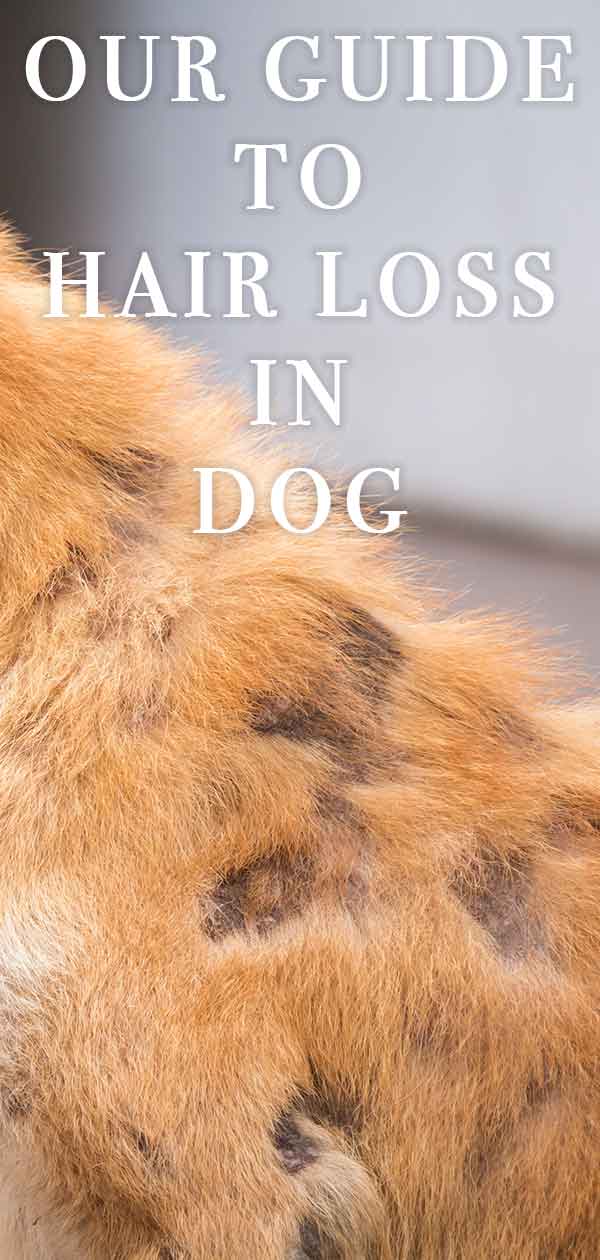 Why Is My Dog Losing Hair And What Should I Do A Vets Guide https://thehappypuppysite.com/dog-losing-hair/
Why Is My Dog Losing Hair And What Should I Do A Vets Guide https://thehappypuppysite.com/dog-losing-hair/
 How To Tell If Your Dog Has Mange Canna Pet https://canna-pet.com/tell-dog-mange/
How To Tell If Your Dog Has Mange Canna Pet https://canna-pet.com/tell-dog-mange/
Patchy Dog Hair Loss On The Anterior Neck http://www.organic-pet-digest.com/patchy-dog-hair-loss-on-the-anterior-neck.html
 Dog Hair Loss Common Causes Treatment Canna Pet https://canna-pet.com/common-causes-dog-hair-loss-tips-diagnosis-treatment/
Dog Hair Loss Common Causes Treatment Canna Pet https://canna-pet.com/common-causes-dog-hair-loss-tips-diagnosis-treatment/
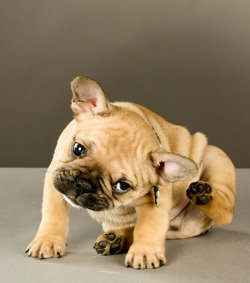 Puppy Hair Loss Got You Worried https://www.fidosavvy.com/puppy-hair-loss.html
Puppy Hair Loss Got You Worried https://www.fidosavvy.com/puppy-hair-loss.html
 Hair Loss In Dogs Cynology Hub Mygsdorg https://mygermanshepherd.org/periodical/hair-loss-in-dogs/
Hair Loss In Dogs Cynology Hub Mygsdorg https://mygermanshepherd.org/periodical/hair-loss-in-dogs/
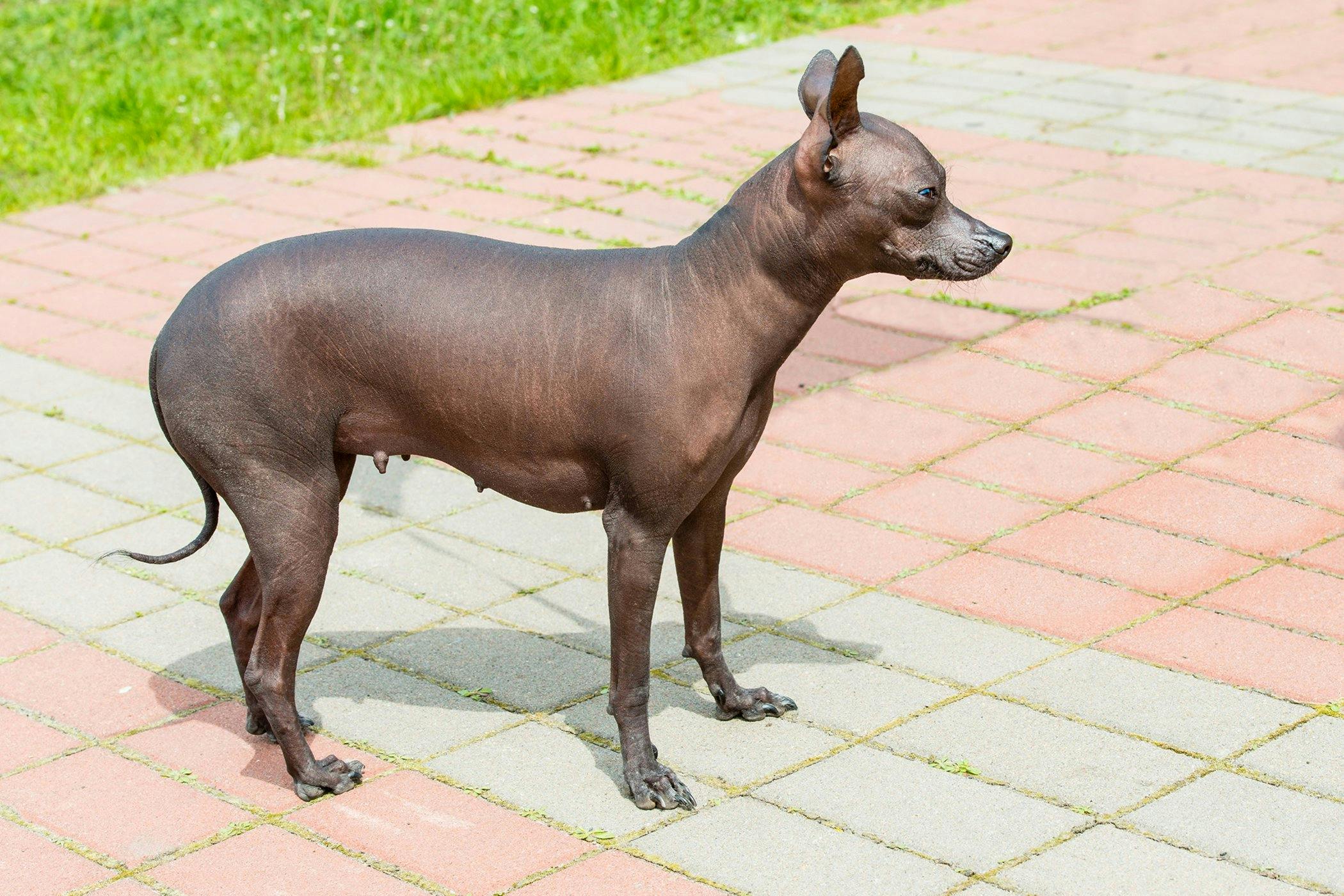 Balding In Dogs Definition Cause Solution Prevention Cost https://wagwalking.com/symptom/why-is-my-dog-balding
Balding In Dogs Definition Cause Solution Prevention Cost https://wagwalking.com/symptom/why-is-my-dog-balding

No comments:
Post a Comment